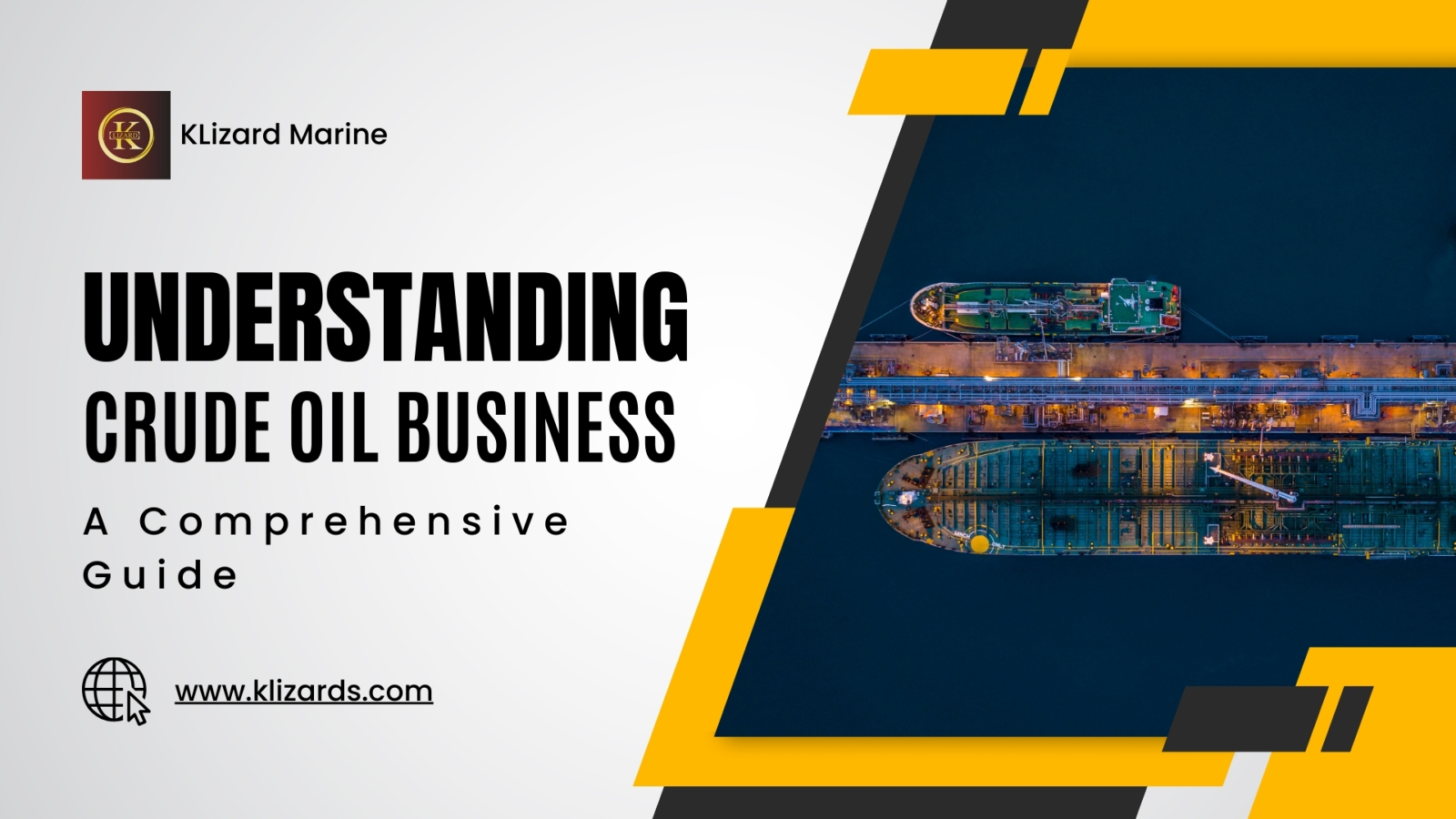Introduction
Crude oil is the lifeblood of the global economy, serving as the primary source of energy for industries ranging from transportation to manufacturing. In this blog post, we’ll delve into the intricacies of the crude oil business, exploring its significance, key players, market dynamics, and future outlook.
What is Crude Oil?
Crude oil, often referred to as “black gold,” is a naturally occurring fossil fuel found beneath the Earth’s surface. It consists of hydrocarbon molecules, primarily carbon and hydrogen, and exists in liquid form. Crude oil is extracted from underground reservoirs through drilling techniques and refined into various petroleum products such as gasoline, diesel, and jet fuel.
The Crude Oil Market:
The crude oil market is a complex and dynamic ecosystem driven by supply and demand dynamics, geopolitical factors, and economic trends. Major oil-producing countries, known as “petroleum giants,” play a pivotal role in shaping global oil prices and market trends. Organizations such as OPEC (Organization of the Petroleum Exporting Countries) exert significant influence over oil production levels and pricing strategies.
Key Players in the Crude Oil Business:
- Oil Companies: Multinational corporations like ExxonMobil, Royal Dutch Shell, and BP are among the largest players in the crude oil industry, involved in exploration, production, refining, and distribution.
- National Oil Companies (NOCs): State-owned entities such as Saudi Aramco, Gazprom, and PetroChina control vast reserves of crude oil and wield substantial influence over global oil markets.
- Oil Traders: Trading firms like Vitol, Glencore, and Trafigura facilitate the buying and selling of crude oil on international commodity markets, leveraging market insights and logistics expertise.
- Oil Refiners: Refining companies process crude oil into refined products such as gasoline, diesel, and petrochemicals, supplying end-users and downstream industries.
Crude Oil Pricing and Trading:
The price of crude oil is determined by various factors, including supply disruptions, geopolitical tensions, economic growth, and speculative trading activities. Futures markets, such as the New York Mercantile Exchange (NYMEX) and the Intercontinental Exchange (ICE), provide platforms for traders to buy and sell crude oil contracts, enabling price discovery and risk management.
Challenges and Opportunities:
While the crude oil business presents lucrative opportunities for stakeholders, it also faces significant challenges, including environmental concerns, regulatory pressures, and the transition to renewable energy sources. However, the growing demand for energy, particularly in emerging markets, continues to drive investment in oil exploration and production.
The Future of Crude Oil:
As the world transitions towards renewable energy and adopts cleaner technologies, the future of the crude oil business remains uncertain. However, experts predict that oil will continue to play a vital role in the global energy mix for decades to come, albeit alongside renewable alternatives.
Conclusion:
Understanding the crude oil business is essential for investors, policymakers, and consumers alike, given its profound impact on the global economy and geopolitical landscape. By examining the dynamics of supply, demand, pricing, and market trends, stakeholders can navigate the complexities of the crude oil industry and seize opportunities for growth and innovation.
Follow Us on Instagram.
Read Our More Blogs.
Visit Our Website.



Add a Comment